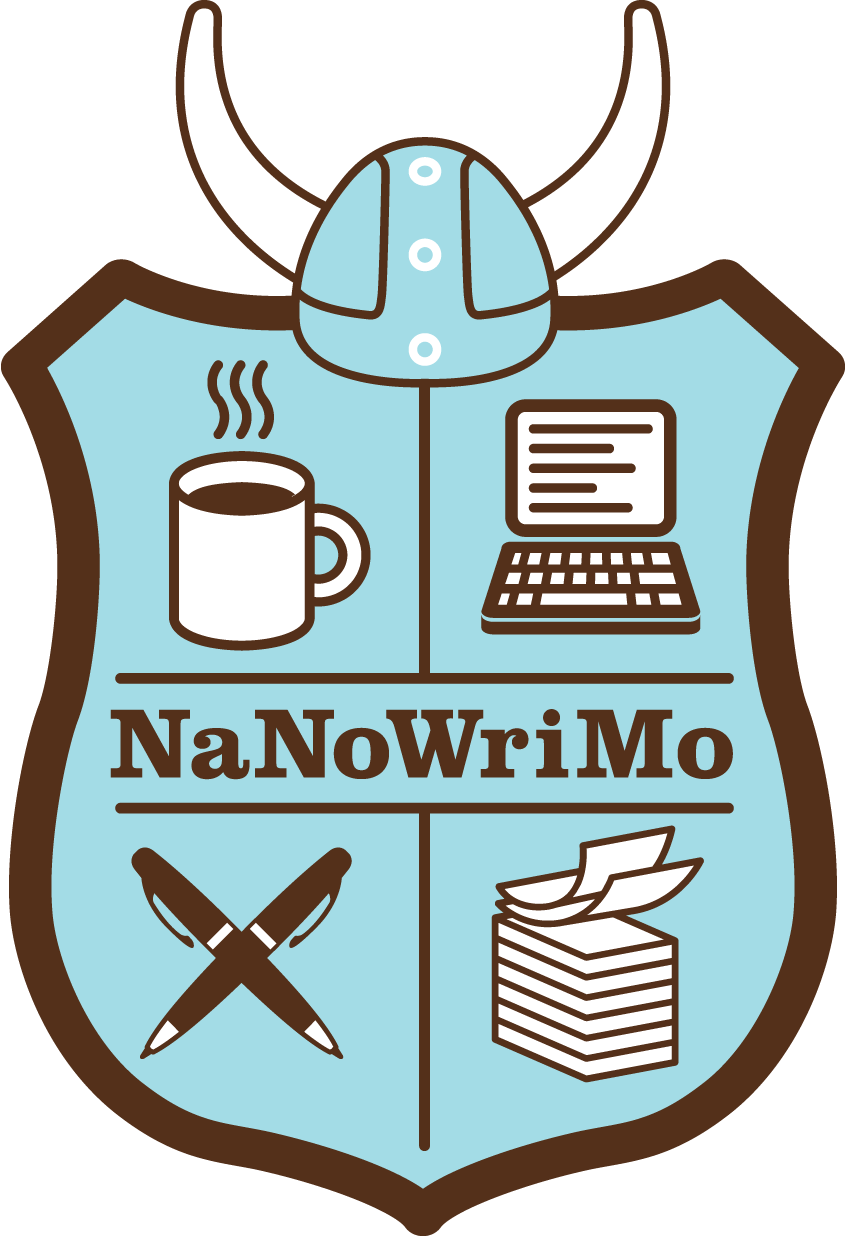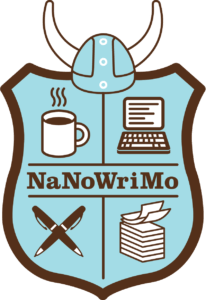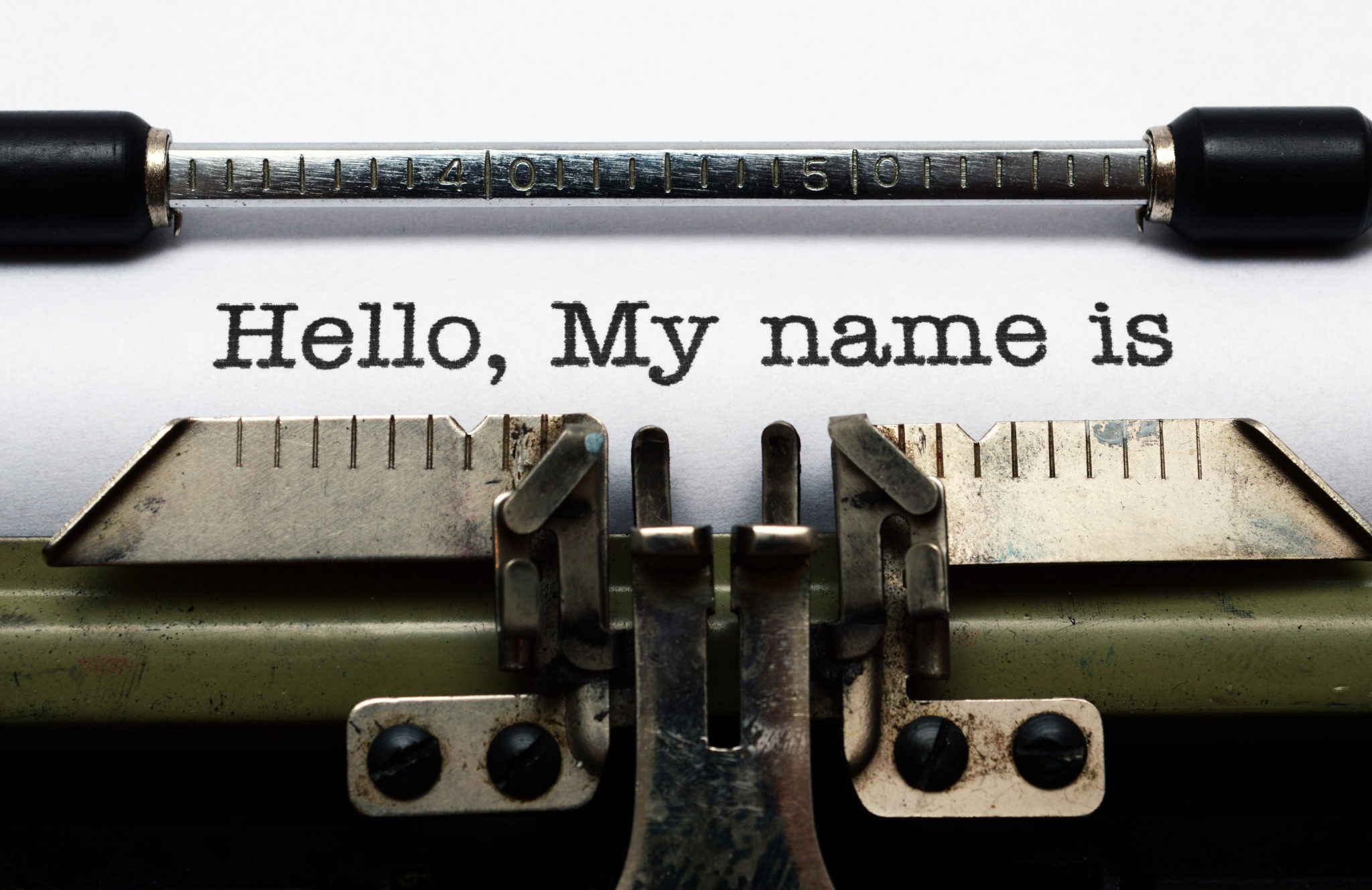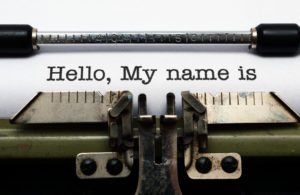This post by Kristen Lamb originally appeared on her blog on 8/21/13 but has some really good self-editing tips.
There are a lot of hurdles to writing great fiction, which is why it’s always important to keep reading and writing. We only get better by DOING. Today we’re going to talk about some self-editing tips to help you clean up your book before you hire an editor.
When I worked as an editor, I found it frustrating when I couldn’t even GET to the story because I was too distracted by these all too common oopses.
There are many editors who charge by the hour. If they’re spending their time fixing blunders you could’ve easily repaired yourself? You’re burning cash and time. Yet, correct these problems, and editors can more easily get to the MEAT of your novel. This means you will spend less money and get far higher value.
#1 The Brutal Truth about Adverbs, Metaphors and Similes
I have never met an adverb, simile, or metaphor I didn’t LOVE. I totally dig description, but it can present problems.
First of all, adverbs are not ALL evil. Redundant adverbs are evil. If someone shouts loudly? How else are they going to shout? Whispering quietly? Really? O_o Ah, but if they whisper seductively? The adverb seductively gives us a quality to the whisper that isn’t already implied by the verb.
Check your work for adverbs and kill the redundant ones. Kill them. Dead.




